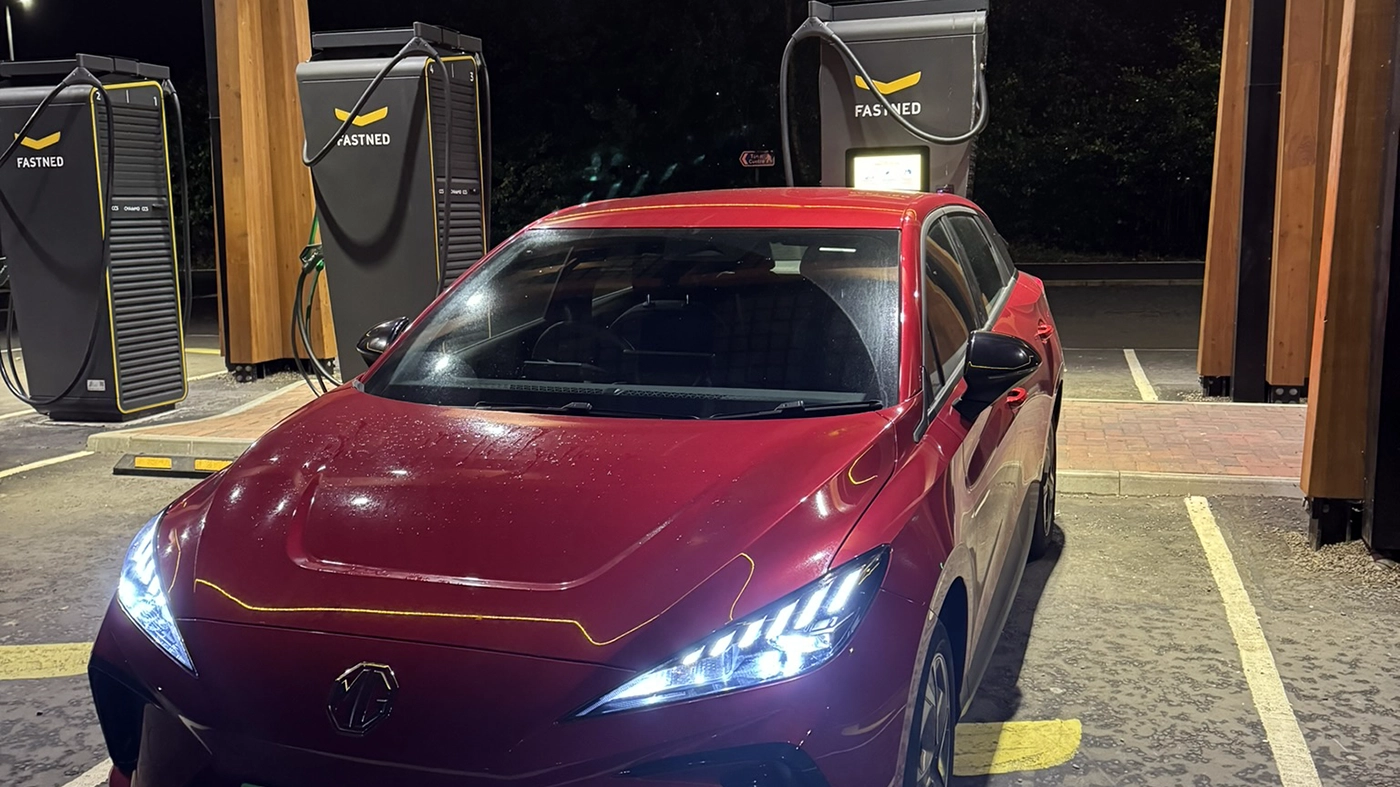MPs have agreed on new regulations to ensure transparent pricing across EV chargepoints, as well as ensuring contactless payment options are available.
While it’s always cheapest to charge at home, prices can vary between public chargepoints. Those using rapid and ultra-rapid chargers are even at risk of paying more than their fossil fuel counterparts.
The new regulations will force providers to open up their data to make it easier for drivers to find an available chargepoint. This should also help to improve apps, online maps and in-vehicle software for locating nearby chargepoints.
Earlier this month, the UK surpassed 50,000 EV charging points – demonstrating a significant increase in the rate at which they are being deployed. The 40,000th charger was installed only eight months prior, whereas a full year passed for the previous 10,000 chargers to be installed (February 2022 to February 2023).
Nevertheless, installations will have to pick up further if the government is going to meet its target of making 300,000 public chargers available by 2030.
Decarbonisation minister Jesse Norman said:
“Over time, these new regulations will improve EV charging for millions of drivers, helping them find the chargepoints they want, providing price transparency so that they can compare the cost of different charging options and updating payment methods.
“They will make the switch to electric easier than ever for drivers, support the economy and help the UK reach its 2035 goals.”
Once the regulations come into force, drivers will also be able to contact free helplines for any issues accessing charging on public roads.
Prime Minister Rishi Sunak recently axed a broad array of green measures, including relaxing the ban on sales of new petrol and diesel cars from 2030-2035.
The move frustrated carmakers, which have already been preparing for a long-term shift towards producing solely EVs.



